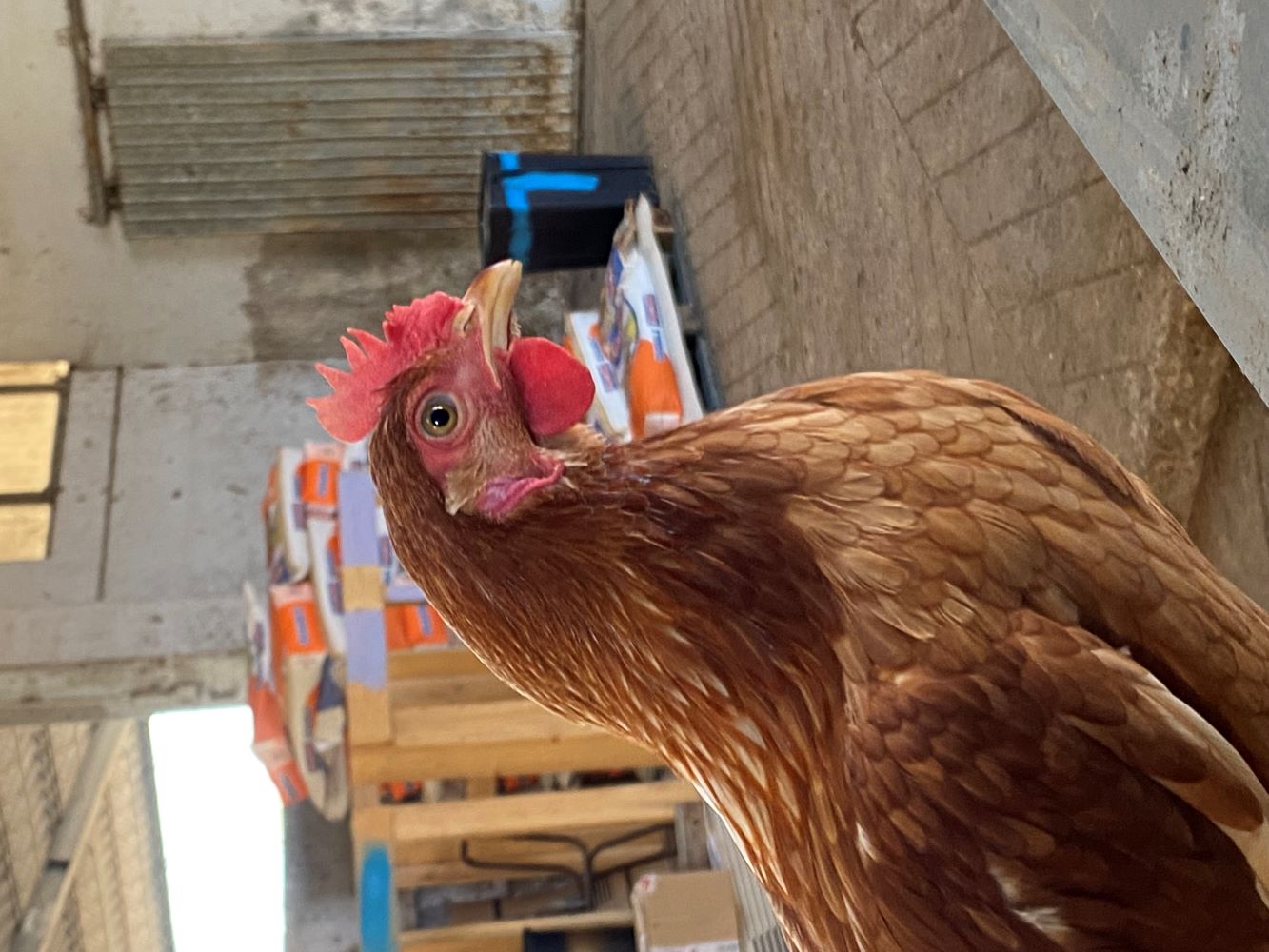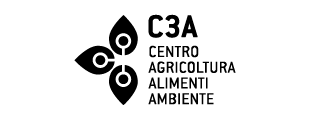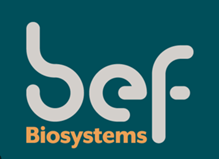Live Black Soldier Fly larvae supplementation on laying hens’ diet, valuation of animal performances, health status, and eggs’ chemical and physical quality.
Project in brief
 The poultry sector still relies on the use of soybean meal as a protein source for the animals, despite its negative environmental impact. In these years, the insect Black Soldier Fly (BSF) has gained attention as an innovative and sustainable feed ingredient, with relevance for poultry, pigs, and aquaculture. This study aimed to investigate the effect of live insect supplementation on animal health and performance as well as egg-chemical and physical quality. During this 4-month trial, two levels of BSF on the expected daily intake were tested (15 and 30%), involving 108 birds. We analysed monthly the animal live weight, laying rate, FCR, feathering score, ingestion time of the larvae, excreta corticosterone, and egg physical parameters. In addition, at the beginning, middle, and end of the trial, the faecal microbiota of the animals was evaluated, as well as the eggs’ chemical composition, fatty acids, and yolk-albumen NMR.
The poultry sector still relies on the use of soybean meal as a protein source for the animals, despite its negative environmental impact. In these years, the insect Black Soldier Fly (BSF) has gained attention as an innovative and sustainable feed ingredient, with relevance for poultry, pigs, and aquaculture. This study aimed to investigate the effect of live insect supplementation on animal health and performance as well as egg-chemical and physical quality. During this 4-month trial, two levels of BSF on the expected daily intake were tested (15 and 30%), involving 108 birds. We analysed monthly the animal live weight, laying rate, FCR, feathering score, ingestion time of the larvae, excreta corticosterone, and egg physical parameters. In addition, at the beginning, middle, and end of the trial, the faecal microbiota of the animals was evaluated, as well as the eggs’ chemical composition, fatty acids, and yolk-albumen NMR.
Project objectives
- Investigate the effect of insect supplementation on animal performance.
- Investigate the effect of insect supplementation on egg quality and chemical composition.
- Evaluate the effect of insect supplementation on animal welfare by introducing BSF larvae as a welfare improver for the animals.
- Create a scientific basis for the shift of poultry nutrition towards a more sustainable protein source.
Impact
The outcome of the project has an impact on the poultry-rearing sector. Furthermore, it is relevant from the perspective of the food industry as a finished product, as well as from the consumer's perspective as they seek to consume a more sustainable product. This project answers Sustainable Development Goal (United Nations, 2015) number 12, summarised as “responsible production and consumption." The impact of this research is further broadened by the fact that since October 2023, Italy has officially authorised the use of live insect larvae as feed for farmed animals (Ministero della Salute, 2023). Analysing the literature available, the focus on the use of live larvae is still scarce; this project can enrich a new field of study.
Funding
This project has received funding from the C3A (Centre Agricoltural Food Environment), the company BEF Biosystems, and Istituto Zooprofilattico Sperimentale Regioni Lazio e Toscana.
Team
Sihem Dabbou
Marco Meneguz
Arianna Cattaneo
Rosalba Roccatello
Erminia Sezzi



